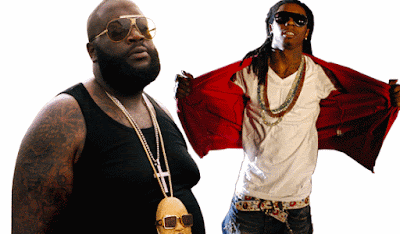God Did (part 2) the birth of hip hop
HB3
on
September 20, 2022

Snoop owns a company called Death Row. Chance the Rapper’s biggest hit, No Problem, speaks of ethnic gang violence. And, while Rick Ross and Lil’ Wayne’s verses on God Did are surprisingly tame, Jay Z can’t resist direct religious references.
In just a few consecutive lines he boasts “these ain’t songs / these is hymns / cause I’m him,” he compares the evolution of moving from illegal drug dealing to legal drug dealing with the miracle of Jesus turning water into wine, and even refers to a chapter in the book of Psalms. And each of them uses profane language with such fluidity that the choir boy in me has to be in the right mindset to even listen at all.
Maybe it’s both – a sincere expression of faith in God and blasphemy simultaneously. Paradoxically, the two don’t have to be mutually exclusive. After all, hip-hop emerged out of a blasphemous and ungodly experience.
The 1950’s introduced urban renewal to America, intending to rebuild the country’s inner cities while leaving housing conditions and public services in a shambles as corruption riddled appropriations and redevelopment progressed slowly. By the 1970’s President Nixon had initiated the War on Drugs to rid society of the narcotics that plagued those same inner cities and were, in many cases, distributed in those communities by the federal government itself. At the same time, this confluence of circumstances led portions of the Bronx section of New York City to literally burn uncontrollably, leaving the living environment even worse in this densely populated urban center.
It is against this backdrop, in 1973, that Jamaican born deejay DJ Kool Herc began to use two turntables to mix samples of older records with contemporary dance songs to extend the flow of music and find break beats that permitted dancers to freestyle and create dance contests. With other deejays such as Grandmaster Flash, Afrika Bambaataa, and Grand Wizard Theodore innovating simultaneously, MCs partnered with the deejays to get the crowd hyped and encourage the theatrics of the break dancers. This was the birth and hip-hop and rap.
Out of these hopeless circumstances, in which the racism, apathy, incompetence, or greed of the government turned communities against themselves and left its residents to burn, emerged a culture and a genre of music that will turn 50 in 2023. It is from this situation – one that was surely offensive to a kind God – that DJ Khaled, Jay Z, Snoop Dogg, Kanye West, Rick Ross and all other rap artists emerged and were compelled to create. So, whether their requests for forgiveness or expressions of gratitude to a God that believed in their ability to rise from their circumstances to be better, do better, make more, and contribute more is something new or just a continuation of the same ol’ same ol’, any sincere connection that these lyricists make to God’s role in their lives and thanks they offer for His provision should be celebrated.
part 3 to follow


